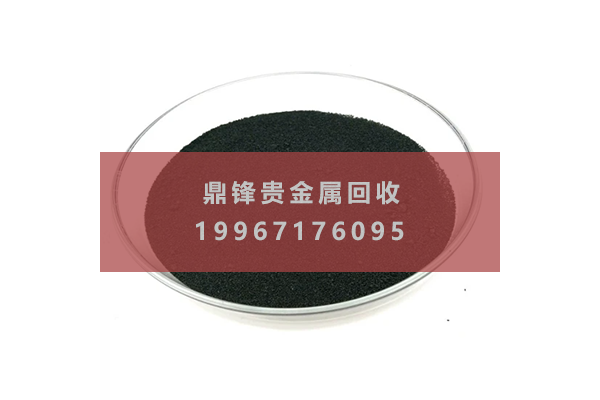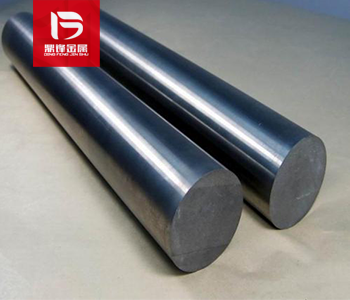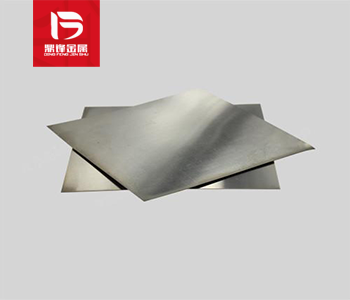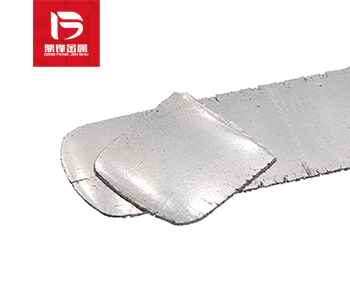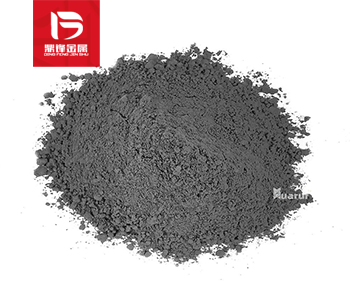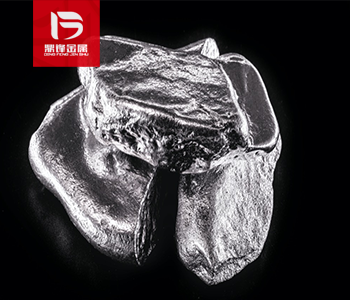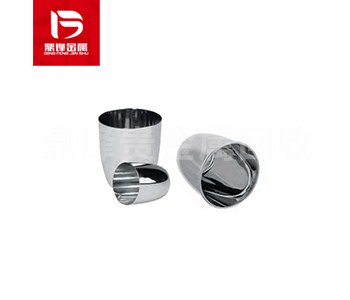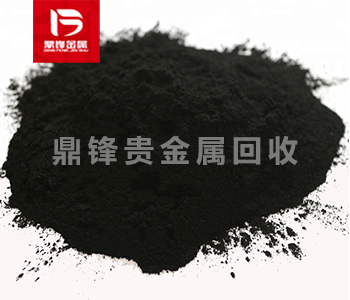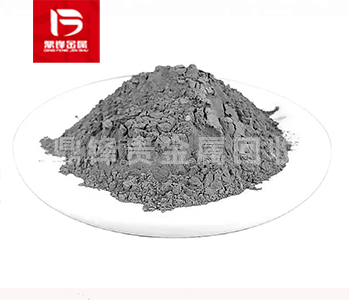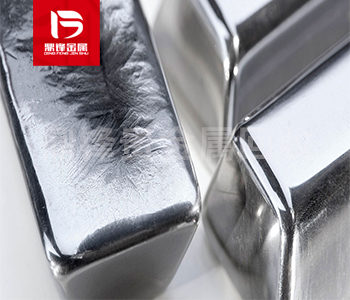Explanation of the steps for rhodium oxide recovery and waste rhodium oxide recovery
With the rapid development of industrialization, the treatment and recycling of metal waste have become increasingly important. Waste rhodium oxide, as a rare and valuable metal waste, has high recycl
With the rapid development of industrialization, the treatment and recycling of metal waste have become increasingly important. Waste rhodium oxide, as a rare and valuable metal waste, has high recycling value. The following will introduce the steps for recycling waste rhodium oxide, helping us better understand how to effectively recycle and utilize this precious resource.
1、 Raw material collection and classification
The recovery process of waste rhodium oxide first requires the collection and classification of raw materials. Waste rhodium oxide may come from different sources, such as waste electronic products, waste from chemical production processes, etc. Therefore, we need to establish a supply chain for the recycling of waste rhodium oxide and cooperate with relevant enterprises and institutions to collect waste rhodium oxide raw materials. During the collection process, it is necessary to classify the waste rhodium oxide and distinguish it based on its different chemical composition, purity, and form. This helps with subsequent treatment and recycling work, ensuring maximum utilization efficiency of waste rhodium oxide.
2、 Physical processing and crushing
Physical treatment and crushing are very important steps in the recovery of waste rhodium oxide. The collected waste rhodium oxide may have different forms and sizes, and it needs to be physically treated and crushed to reach a state suitable for subsequent treatment.
Physical processing typically includes steps such as screening, magnetic separation, and gravity separation. By screening, waste rhodium oxide can be classified according to particle size, making it convenient for subsequent processing operations. Magnetic separation can utilize the magnetic properties of waste rhodium oxide to separate the magnetic substances from it. Gravity separation is to use the density difference of different components of waste rhodium oxide to separate it by gravity separation or flotation. Crushing is the process of finely crushing waste rhodium oxide to reduce its particle size, which is beneficial for subsequent chemical treatment and extraction steps. Mechanical crushing equipment or chemical methods can be used for crushing, and selection can be made based on the properties and requirements of waste rhodium oxide.
